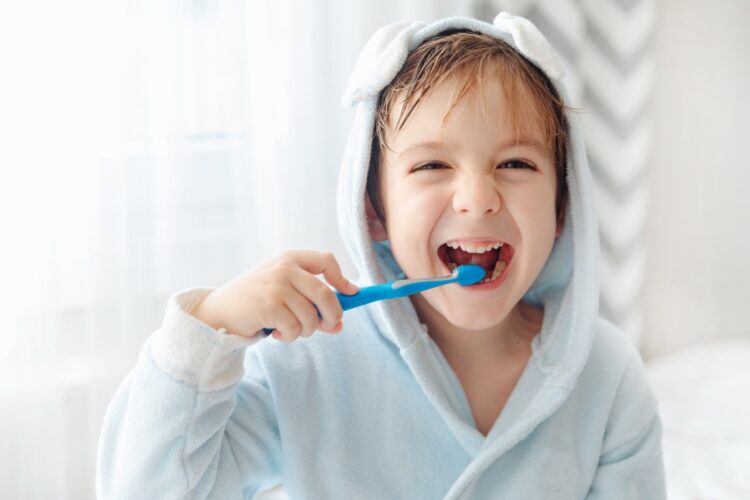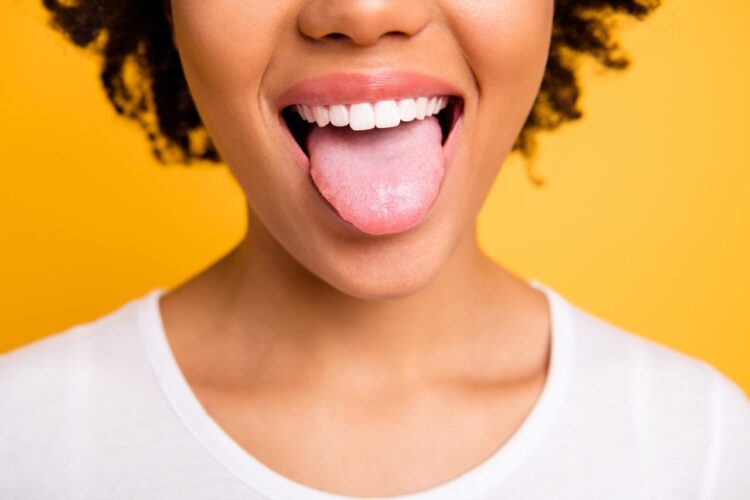 Who’s more likely to have a cavity: you or your child? Most parents would say that it’s more likely that their child has a cavity, but why? The truth is that there’s nothing about baby teeth that makes them more susceptible to cavities. The only reason that children deal with cavities more often is that they’re less likely to clean their teeth effectively.
Who’s more likely to have a cavity: you or your child? Most parents would say that it’s more likely that their child has a cavity, but why? The truth is that there’s nothing about baby teeth that makes them more susceptible to cavities. The only reason that children deal with cavities more often is that they’re less likely to clean their teeth effectively.
At what point is your child ready to brush his or her own teeth? And what can you do to make sure that the job is getting done correctly?
Before Age 6
Most children aren’t able to effectively brush their own teeth before age 6. This is a perfect time to teach your children proper technique. At our office we’ll also go over the basics for your child, but it’s up to you to help them practice at home until they’re able to do it themselves.
Lead by example and allow them to copy your actions as they brush their own teeth. However, finish up by taking a turn at their teeth yourself and making sure that you cover all the bases. Teach your child to brush softly, thoroughly, and patiently, getting the surface of the molars, the inside of the teeth, and clear down to the gumline in circular motions.
Essential Components of an Independent Brusher
Many children become ready to brush their own teeth between age 6 and 9. However, it’s not strictly about age. Rather, there are certain skills that they need to develop in order to be independent brushers:
- Dexterity: Little hands sometimes have a hard time wielding a toothbrush as effectively as an adult. A good comparison for parents to use is shoelaces. When your child is dextrous enough to tie their own laces, they are probably also dextrous enough to brush their teeth independently.
- Responsibility: Brushing teeth every morning and night eventually becomes such a habit that we feel dismayed if we forget. However, it takes a while for those hygiene habits to develop in children. How reliable is your child about washing his or her hands, combing hair, and making the bed? Once you can trust your child to take care of these things solo, they’re probably ready to take care of brushing as well.
- Spitting: This might seem like a strange skill to add to dexterity and responsibility. However, it’s very important for tooth-brushing. Young children have a hard time spitting out toothpaste while brushing. It’s one reason that we recommend only using as much toothpaste as a grain of rice for children under two. Before age 6, watch your child to make sure that toothpaste is being spit into the sink instead of swallowed. Until they’ve mastered that skill, they need to be supervised while brushing.
Try the Tablet Test
Still not sure if your child is ready to brush solo? Try the tablet test. Plaque-revealing tablets are available at the grocery store and they can help both you and your child see how much effect brushing is having (or, how much it’s not having.) Once they’ve acquired the skills enumerated above and they’re able to pass the tablet test, your child should be able to effectively brush their own teeth at home.




